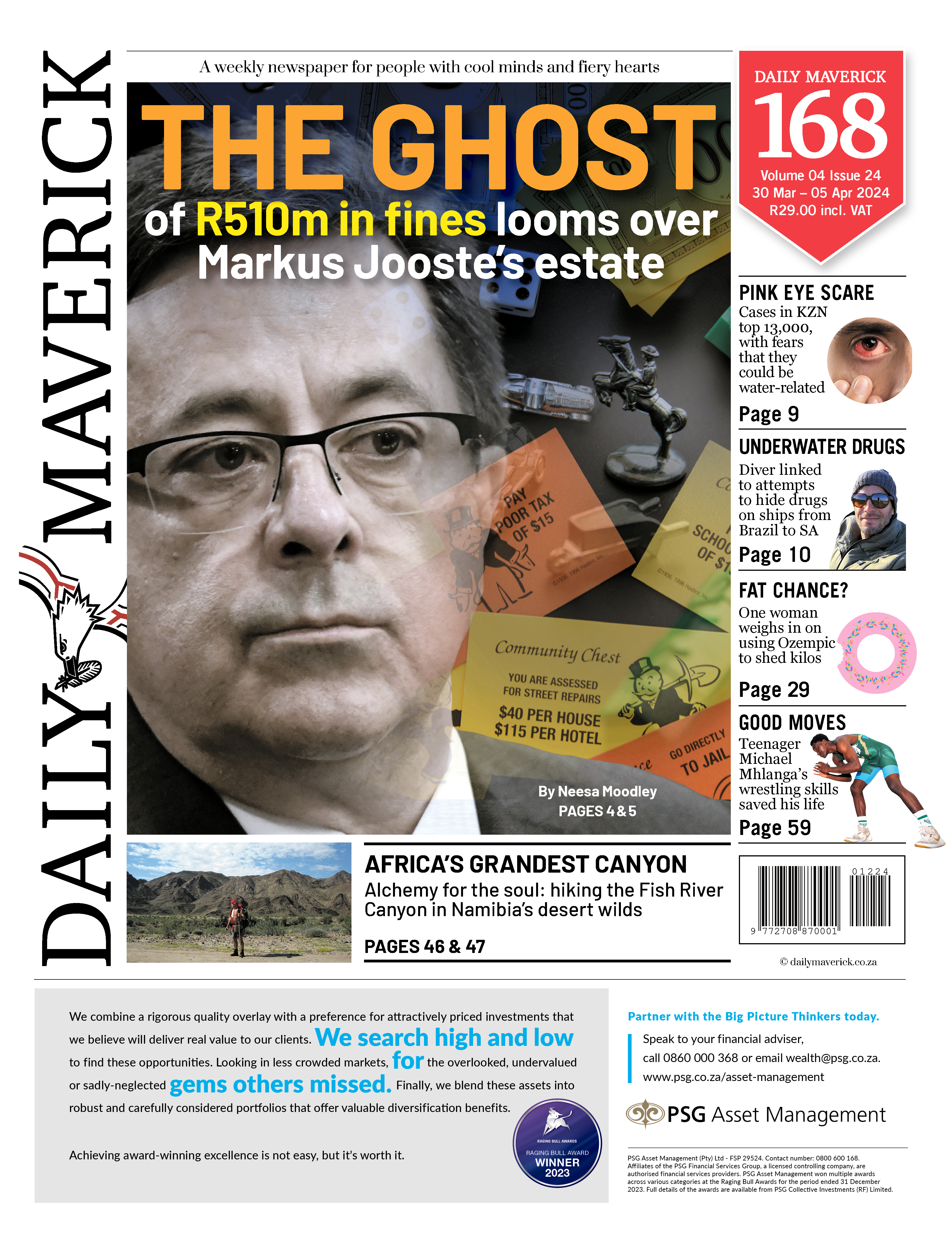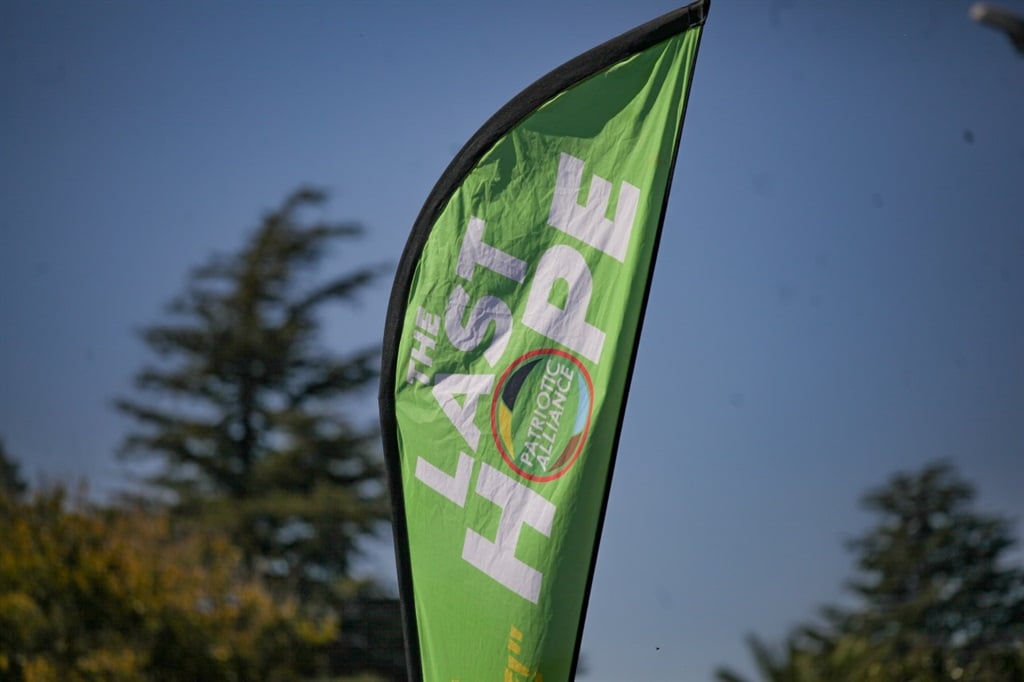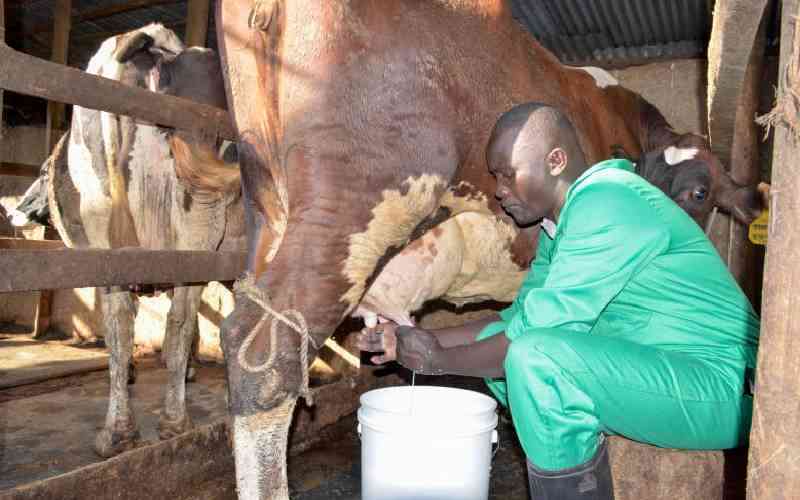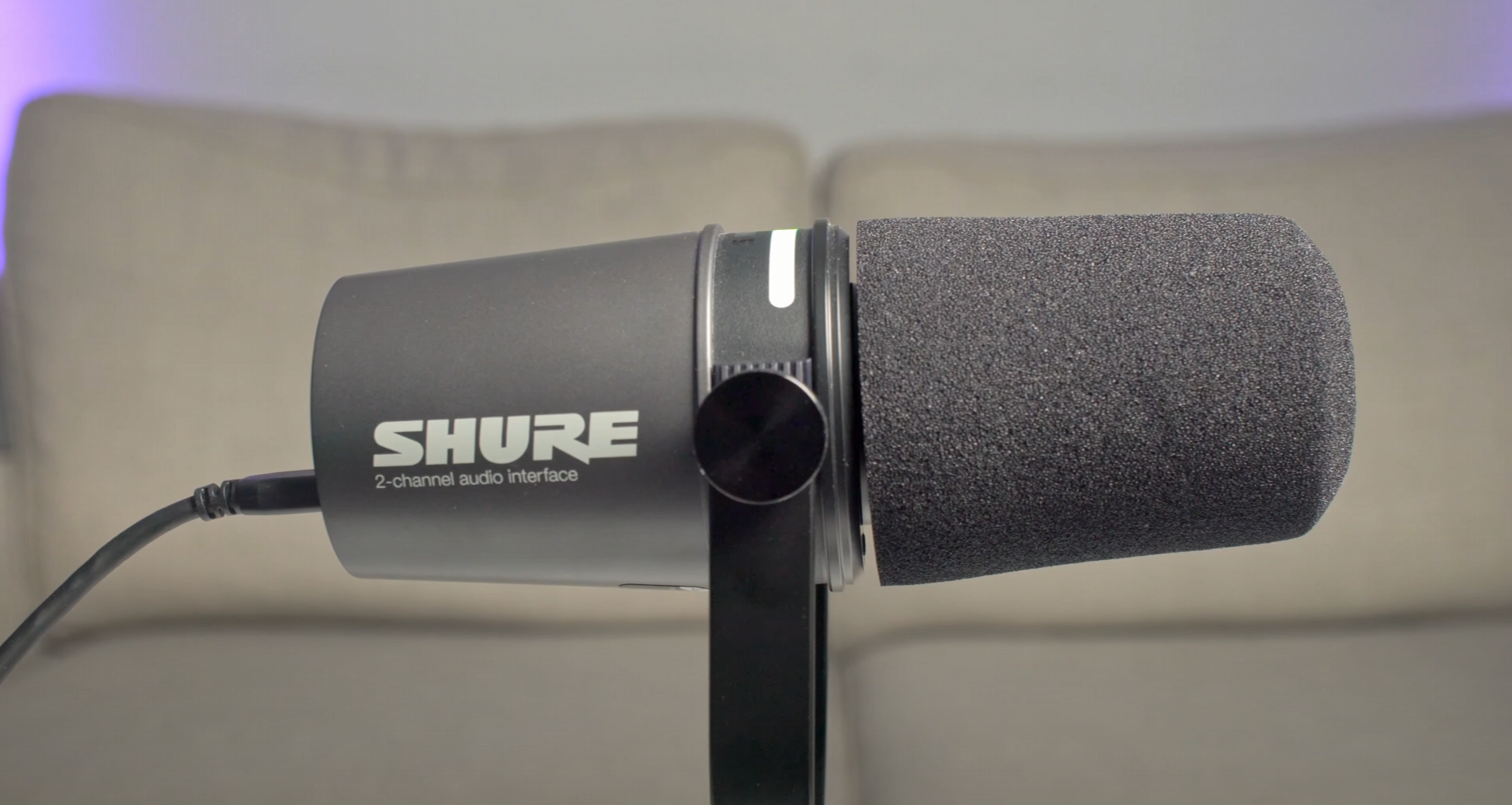The death of Markus Jooste by suicide on Human Rights Day was unsurprising to some and shocking to many, and it leaves several questions unanswered, chief among them: What happens next?
The Hawks and the National Prosecuting Authority (NPA) are not likely to let Jooste’s suicide slow down their investigations or the wheels of justice.
The day after Jooste’s death, former Steinhoff executive Stephanus Grobler appeared in the Specialised Commercial Crimes Court in Pretoria to face charges of racketeering, three counts of fraud worth R21-billion, the manipulation of financial statements and the failure to report fraudulent activities. Grobler spent the weekend in jail.
NPA spokesperson Lumka Mahanjana said that between 2014 and 2016, Jooste played a major role in managing Steinhoff, which Mahanjana referred to as a “criminal enterprise”.
Grobler is accused of creating false documentation to support the fraudulent paper trail used to inflate and falsify the Steinhoff Group’s annual financial statements in those years. The court heard that the NPA investigation into “massive fraud at Steinhoff” is 95% complete.
In an affidavit, Grobler said he intended to plead not guilty to the charges and would prove his innocence.
The state opposed bail on the grounds that he is accused of a serious offence carrying a penalty clause of R1-billion or a life sentence, and that he poses a flight risk. However, he was granted bail of R150,000 on condition that he:
- Reports to the Brooklyn Police Station on Mondays and Fridays;
- Hands over his two passports and not apply for a new one;
- Hands over his two firearms to the police;
- Is not allowed to leave Gauteng without informing the investigation officer; and
- Must not interfere with state witnesses.
According to Steinhoff’s 2016 annual report, Grobler was part of its executive committee. During the 2017 financial year and before his resignation in February 2018, he served on its executive committee as “executive: treasury and financing”.
His court case has been postponed to 26 June for investigations to be finalised.
What happens to Jooste’s assets?
Daily Maverick spoke to a Johannesburg-based insolvency practitioner, who did not want to be named. The practitioner clarified that the Financial Sector Conduct Authority (FSCA) and other creditors would have every right to claim the penalties due from Jooste’s estate.
“In this case, the executor of the estate must notify the Master of the Court and all creditors, including the South African Revenue Service, if the estate is not able to pay all the monies due.
“Under the Administration of Estates Act, the executor must then sell the assets of the deceased estate after giving notice of at least 14 days to creditors of the intended sale of assets. A creditor can also take steps to sequestrate a deceased estate,” the practitioner said.
It is widely known that Jooste had set up trusts before his death. The Markus Jooste Kinder Trust was registered in 1990, predating the Steinhoff fraud scandal by decades. However, there was also a Silver Oak Trust.
Trusts can be used to hide assets to defraud creditors, but the courts would then have to determine whether the trust was created for honest or nefarious purposes.
The insolvency practitioner told Daily Maverick that, after the sequestration of a debtor’s estate (in this case, Jooste’s), the court may set aside any transaction whereby he, in collusion with another person, disposed of property (assets) belonging to him in a manner that would have the effect of prejudicing his creditors.
Read more in Daily Maverick: The Steinhoff scandal
Legal precedent
Phia van der Spuy, chief executive and co-founder of Trusteeze, said the trust deeds would be quite important as they could sometimes state that the trust cannot be held liable for any debt.
“If there are shenanigans at play, the court and creditors could take the route of having the trust declared an alter ego of the estate. There’s a potential here for that route,” Van der Spuy said.
The FNB v Britz case of 2011 has set a precedent for this. A husband and wife structured their affairs in three trusts to protect themselves from creditors.
However, Van der Spuy said they did not diligently execute the trust deeds and administered the trust assets on a continuing basis – as assets held separately from their personal estates.
A property was held in the one trust, which they used as their residence at no cost and with no rental agreement. The other trust held the household contents, for which there also was no sale or rental agreement.
“Their clear lack of administration and control of trust assets caused the trusts to be ‘pierced’ by the court,” said Van der Spuy.
Some of the issues highlighted in the Britz family case were:
- The trust did not pay all the monies for the acquisition of the household content from the family;
- The trust did not take physical delivery of the household content – it remained in the physical possession of the family;
- The family transferred their ownership of the household content to the trust over a period of four years; and
- The trustees’ loans in lieu of the value of the household content they transferred to the trust were unsecured, did not bear any interest and no specific terms of repayment had been arranged (a common arrangement).
Money owed by Jooste due to fines
Jooste was issued several fines or penalties in his personal capacity before his death. These included one from the FSCA for insider trading. Originally a R161.6-million fine, it was later reduced to R20-million when he appealed to the Financial Services Tribunal.
Jooste had sent Jaap du Toit, Gerhardus Burger, Marthinus Swiegelaar and the late Ockert Oosthuizen text messages on 30 November 2017, warning them to sell their Steinhoff shares.
The incriminating text message, translated into English, read: “You always ask my opinion, it will take Steinhoff a long time to work through all the bad news and America. So there are better places to invest your money. Take the current price immediately. And delete this SMS and don’t mention it to anyone.”
The Financial Services Tribunal ordered the FSCA to recalculate an “appropriate administrative penalty” on the grounds that the contents of the SMS were “vague and imprecise”. Although Jooste was meant to pay the R20-million fine by 6 January 2023, he tied the matter up in continuing litigation and never paid a cent.
In January last year, the JSE barred Jooste from directorships for 20 years and imposed two R7.5-million penalties on him for violating listing rules and submitting false financial statements.
On Wednesday, 20 March, the FSCA announced it was fining Jooste R475-million for contravening the Financial Markets Act by issuing false or deceptive statements about Steinhoff International, which Jooste knew or ought reasonably to have known were false, misleading or deceptive. This included the omission of material facts.
It is the highest administrative fine the FSCA has levied on an individual.
Regarding the extent of the FSCA investigation, Alex Pascoe, head of market abuse at the authority, said there was about R155-billion in misstated equity alone, but examining every line item on the income statement and balance sheet would have taken “many, many years”.
“We really focused on certain elements of the restated financials such as cash and cash equivalents, and goodwill. Our investigation covered about R38-billion worth of restatements where we gathered enough evidence to support our report of the contravention of the Financial Markets Act,” he said.
The FSCA investigation reportedly shows how the false income reported impacted the cost of sales, which resulted in higher profitability, and had an impact on cash and cash equivalents, restatements and goodwill.
The FSCA also said before Jooste’s death it had every intention of further pursuing a criminal case against him with regard to the publication of false and misleading statements in the financial results.
“We believe this will be added to the bigger fraud investigation that the NPA is currently investigating. The penalty for a Financial Markets Act criminal case would be R50-million or 10 years’ imprisonment, or both,” Pascoe said.
The FSCA waived any fines against Steinhoff’s former European finance chief, Dirk Schreiber, in return for his cooperation. Schreiber has already been sentenced to a prison term of three and a half years by German authorities.
By the afternoon of Wednesday, 20 March, Jooste would have known about the R475-million fine and that Schreiber had cooperated with the investigation, which implies that he sang like a canary. Jooste also would have known that he was supposed to appear in the Specialised Commercial Crimes Court on Friday, 22 March.
Daily Maverick contacted him on WhatsApp that day for his comment, but he never responded.
Jooste never admitted culpability, denying to the end that he was aware of any “accounting irregularities”. He attended interviews during the FSCA investigation, but his responses were not actual answers to questions posed.
“He persisted that there were no financial irregularities that he was aware of or participated in. He complied with the notice to attend, but failed to provide all answers and information relevant to the investigation in a cooperative manner,” the FSCA said in its penalty order.
Jooste died by suicide at 2.40pm on Thursday, 21 March.
The Lanzerac Wine Estate on 18 August 2021 in Stellenbosch, South Africa. (Photo: Gallo Images / ER Lombard)
Investigations not over
On 22 March, the FSCA indicated that the Steinhoff investigations would continue regardless of Jooste’s death, as there are “other investigated parties involved”.
His death does not have an impact on any penalties imposed on him, including the R475-million fine. The FSCA says it is legally entitled to recover the penalty from his estate, but it has not yet decided whether it will do so.
With reference to other parties, Pascoe said investigations had begun as far back as 2018, at which point there was an “A-list and a B-list”.
“The investigation remains confidential, so I can’t disclose who else we will be investigating,” he said.
In October 2022, the South African Reserve Bank obtained a court order to attach assets valued at about R1.4-billion, including Lanzerac wine estate in Stellenbosch and the Jooste family’s Silver Oak Trust. The assets listed in the seizure order were art worth R98.8-million, “other financial assets” worth R1.2-billion and loans receivable worth R131.1-million.
The three trustees of the Silver Oak Trust – Jooste’s son Michael, Gary Harlow and Willem du Plessis – were ordered to provide the whereabouts of all the trust assets within five days and interdicted from disposing of or removing any of the assets.
The following items were included in the attachment order but left in the custody of Jooste, his wife and their driver (Petrus Albertus Venter):
Cars registered to Venter
- A black Isuzu double cab – R81,200
- A white Mercedes-Benz SL600 – R434,300
- A green Land Rover Defender 110 – R350,000
Cars registered to Jooste’s wife, Ingrid Jooste
- A white Lexus LX570 – R293,600
- A white VW kombi – R344,100
Other items noted
- Jooste’s personal effects, including jewellery, paintings and firearms, collectively worth R795,400.
- All the moveable goods at the Jooste home in Hermanus, excluding the clothing of the residents and food.
- All correspondence between Jooste, his family and the Silver Oak trustees.
- Jooste’s bank statements and those of any company or entity linked to him.
- Details of any funds transferred from or to Jooste, including documents explaining the reasons for the transfers and how the funds were used.
- All accounting records linked to Jooste.
- All data storage servers used by Jooste and his wife, including passwords and/or usernames to access the servers.
In a separate action, the SA Reserve Bank attached the assets of Jooste’s alleged girlfriend, Berdine Odendaal, totalling about R25-million, including properties in Val de Vie, Paarl.
Daily Maverick approached the SA Reserve Bank for comment. It said that it would not respond to specific questions and was “not currently at liberty to disclose further information on matters involving ongoing investigations and legal proceedings”. DM
This story first appeared in our weekly Daily Maverick 168 newspaper, which is available countrywide for R29.

![]()


















Discussion about this post